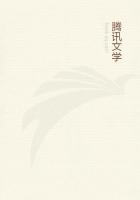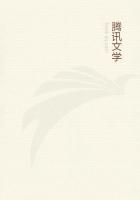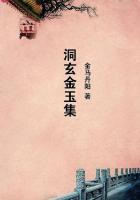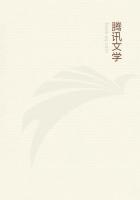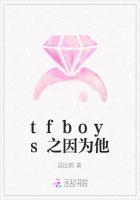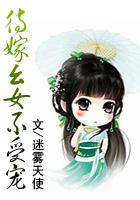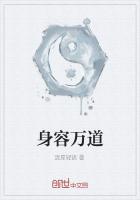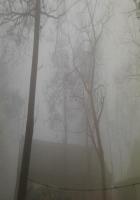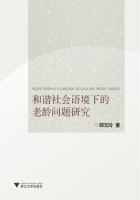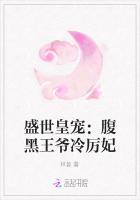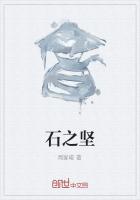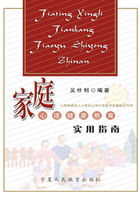I had been so thoroughly warmed in body and spirit, that when at length my fuel was housed, I came near selling it to the ashman, as if I had extracted all its heat." Industry is, in itself and when properly chosen, delightful and profitable to the worker; and when your toil has been a pleasure, you have not, as Thoreau says, "earned money merely," but money, health, delight, and moral profit, all in one. "We must heap up a great pile of doing for a small diameter of being," he says in another place; and then exclaims, "How admirably the artist is made to accomplish his self-culture by devotion to his art!" We may escape uncongenial toil, only to devote ourselves to that which is congenial. It is only to transact some higher business that even Apollo dare play the truant from Admetus. We must all work for the sake of work; we must all work, as Thoreau says again, in any "absorbing pursuit - it does not much matter what, so it be honest;" but the most profitable work is that which combines into one continued effort the largest proportion of the powers and desires of a man's nature; that into which he will plunge with ardour, and from which he will desist with reluctance; in which he will know the weariness of fatigue, but not that of satiety; and which will be ever fresh, pleasing, and stimulating to his taste. Such work holds a man together, braced at all points; it does not suffer him to doze or wander; it keeps him actively conscious of himself, yet raised among superior interests; it gives him the profit of industry with the pleasures of a pastime. This is what his art should be to the true artist, and that to a degree unknown in other and less intimate pursuits. For other professions stand apart from the human business of life; but an art has its seat at the centre of the artist's doings and sufferings, deals directly with his experiences, teaches him the lessons of his own fortunes and mishaps, and becomes a part of his biography. So says Goethe:
"Spat erklingt was fruh erklang;
Gluck und Ungluck wird Gesang."
Now Thoreau's art was literature; and it was one of which he had conceived most ambitiously. He loved and believed in good books. He said well, "Life is not habitually seen from any common platform so truly and unexaggerated as in the light of literature." But the literature he loved was of the heroic order. "Books, not which afford us a cowering enjoyment, but in which each thought is of unusual daring; such as an idle man cannot read, and a timid one would not be entertained by, which even make us dangerous to existing institutions - such I call good books." He did not think them easy to be read. "The heroic books," he says, "even if printed in the character of our mother-tongue, will always be in a language dead to degenerate times; and we must laboriously seek the meaning of each word and line, conjecturing a larger sense than common use permits out of what wisdom and valour and generosity we have." Nor does he suppose that such books are easily written. "Great prose, of equal elevation, commands our respect more than great verse," says he, "since it implies a more permanent and level height, a life more pervaded with the grandeur of the thought. The poet often only makes an irruption, like the Parthian, and is off again, shooting while he retreats; but the prose writer has conquered like a Roman and settled colonies." We may ask ourselves, almost with dismay, whether such works exist at all but in the imagination of the student. For the bulk of the best of books is apt to be made up with ballast; and those in which energy of thought is combined with any stateliness of utterance may be almost counted on the fingers. Looking round in English for a book that should answer Thoreau's two demands of a style like poetry and sense that shall be both original and inspiriting, I come to Milton's AREOPAGITICA, and can name no other instance for the moment. Two things at least are plain: that if a man will condescend to nothing more commonplace in the way of reading, he must not look to have a large library; and that if he proposes himself to write in a similar vein, he will find his work cut out for him.
Thoreau composed seemingly while he walked, or at least exercise and composition were with him intimately connected; for we are told that "the length of his walk uniformly made the length of his writing." He speaks in one place of "plainness and vigour, the ornaments of style," which is rather too paradoxical to be comprehensively, true.
In another he remarks: "As for style of writing, if one has anything to say it drops from him simply as a stone falls to the ground." We must conjecture a very large sense indeed for the phrase "if one has anything to say." When truth flows from a man, fittingly clothed in style and without conscious effort, it is because the effort has been made and the work practically completed before he sat down to write.
It is only out of fulness of thinking that expression drops perfect like a ripe fruit; and when Thoreau wrote so nonchalantly at his desk, it was because he had been vigorously active during his walk. For neither clearness compression, nor beauty of language, come to any living creature till after a busy and a prolonged acquaintance with the subject on hand. Easy writers are those who, like Walter Scott, choose to remain contented with a less degree of perfection than is legitimately within the compass of their powers. We hear of Shakespeare and his clean manuscript; but in face of the evidence of the style itself and of the various editions of HAMLET, this merely proves that Messrs.

